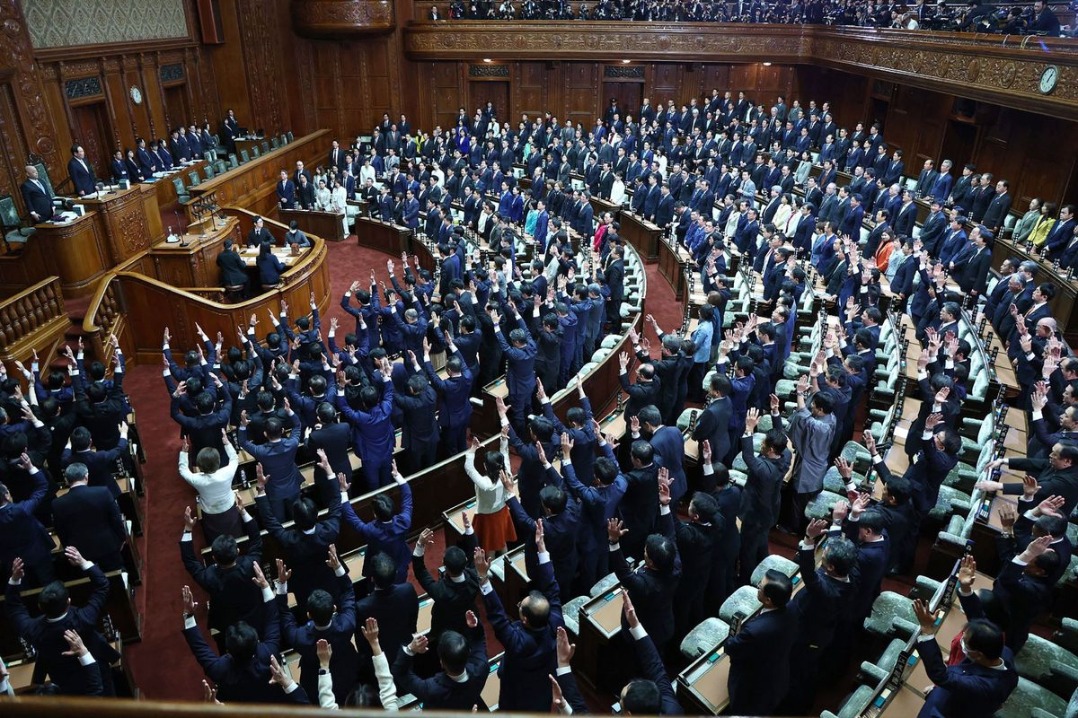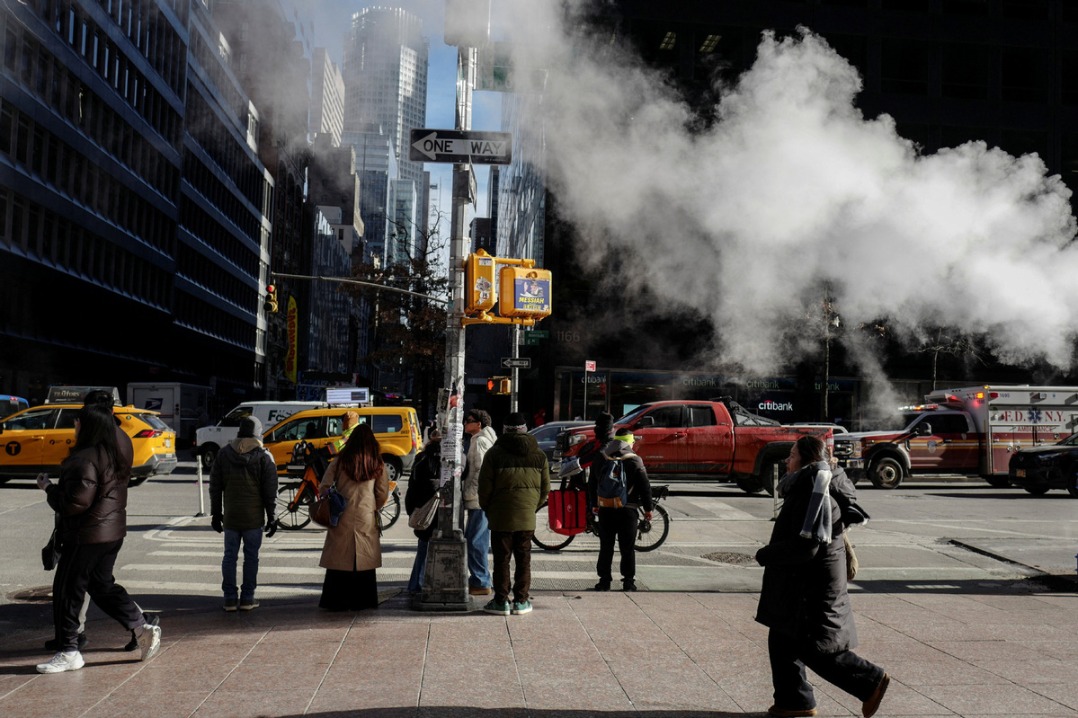Trump slaps tariffs on Argentina, Brazil


US President Donald Trump said he would boost tariffs on aluminum and steel imports from Argentina and Brazil, a move that sent financial markets down and could undercut prior agreements with those nations.
"Brazil and Argentina have been presiding over a massive devaluation of their currencies, which is not good for our farmers," Trump tweeted on Monday. "Therefore, effective immediately, I will restore the Tariffs on all Steel & Aluminum that is shipped into the U.S. from those countries."
But the White House didn't immediately issue an order outlining the tariffs. The Trump administration had previously granted waivers to both nations from global tariffs of 25 percent on steel and 10 percent on aluminum that it had imposed in 2018, citing national security.
Also, the US Trade Representative's Office (USTR) announced Monday that it may place punitive duties of up to 100 percent on $2.4 billion in imports of French Champagne, handbags, cheese and other products, after concluding that France's new digital services tax would harm US tech companies.
The USTR said its "Section 301" investigation found that the tax was "inconsistent with prevailing principles of international tax policy, and is unusually burdensome for affected US companies", including Alphabet's Google, Facebook, Apple and Amazon.com.
US Trade Representative Robert Lighthizer said the government was also considering whether to open investigations into the digital services taxes of Austria, Italy and Turkey.
News of the tariffs on Brazil and Argentina surprised some experts.
"The Trump administration cannot reinstate or raise tariffs against these two countries because they did not exist in the first place," Usha Haley, the W. Frank Barton Distinguished Professor in International Business at Wichita State University, told China Daily in an email. "Both countries had operated under a quota system.
"The tariffs do hit Argentina's and Brazil's struggling economies very hard when they least expected it and leaves everyone guessing on motives, which is perhaps what President Trump wanted."
In a statement to China Daily, the Brazil Steel Institute rejected Trump's charges: "(We) stress that exchange in the country is free and there is no initiative by the government to artificially devalue the real. (Trump's) decision harms the American steel-making industry, which needs the semi-finished products exported by Brazil to operate its plants."
The apparent increase in trade tensions contrasts with Trump's stated desire to reach a "phase one" trade agreement with China and his push for congressional approval of a new trade pact with Canada and Mexico.
Trump's action against the South American countries on Monday may be part of the continuing trade dispute between the US and China.
US soybean farmers have been hit hard by China's tariffs, and Midwest agricultural states are key to Trump's re-election prospects in 2020. In July, Trump announced a $16 billion aid package to help farmers hurt by the trade dispute.
In response to tariffs on Chinese goods, Beijing looked elsewhere to buy soybeans. For the nine months ended in May, Brazil supplied 77 percent of China's soybeans, up from 40 percent, the US Department of Agriculture reported.
"So perhaps these tariffs were punitive on more than one front," Haley said. "I am puzzled by the president's overnight transformation of quotas to tariffs. There may be some legal ramifications — I am unsure it can be done legally."
Trump charged that Argentina and Brazil have manipulated their currencies, but few analysts agree. To manipulate a currency, nations purchase US dollars to weaken their own money, artificially lowering the cost of their goods sold internationally. The US Treasury Department didn't mention either nation in its recent currency report.
"Trump said the countries are gaming their currencies, but there is no evidence of manipulation," Gary Hufbauer, a senior fellow and trade expert at the Peterson Institute for International Economics in Washington, told China Daily. "It's just that the outlook is bleak in South America, and currency values are falling. Trump is unhappy that China is buying more soybeans from Brazil and Argentina, but the new tariffs are not going to affect those sales."
Andrew Karolyi, a finance professor at Cornell University, said Trump's action appears to conflict with the 1988 Omnibus Foreign Trade and Competitiveness Act.
"The designated list of countries has not included Argentina or Brazil recently, which makes it harder to square these new tariff actions based on the currency-manipulator tag," Karolyi told China Daily.
Reuters contributed to this story.
































